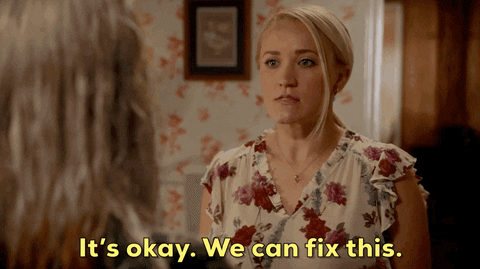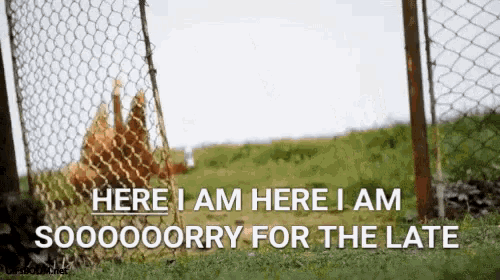hi! i was wondering what the business course is like? stuff like what subjects are required in high school to be able to take business as a major, how big the classes are and what other courses i should take alongside business
hi there,
so uoft doesn’t actually have a ‘business major’ — if you’re interested in business you’re gonna have to be more specific than that, because there are a bunch of different business-related programs.
for example, utsg has the rotman commerce program, and the application requirements are listed here. you’ll need to take grade 12 english and calculus, and also submit an supplemental application.
utsc offers business administration (bba) programs under their department of management. if you’re wondering about the difference between “commerce” and “business administration”, this is a pretty good breakdown.
but get this, utm has a bba program (under their department of management) and a commerce program (under the department of commerce). to make things more convoluted, utsg, utsc, and utm all have their own economics programs, which are offered as part of bachelors of arts or bachelors of science degrees.
i honestly couldn’t tell you the difference between all these business-esque paths, so you’re probably better off just searching for key words of programs you might be interested in on uoft’s website.
the admissions requirements do vary depending on the program so definitely check for the specific ones that you end up applying for, but they seem to all require grade 12 english, and in some cases, one or two grade 12 math courses.
class sizes can also vary depending on the specific program you go into, but classes are generally larger in first year where there may be several hundred students in a class, and tend to get smaller in upper years. if you’re looking for some cold hard numbers, this 2012 report from uoft actually breaks things down and shows how over 50% of first year classes had 200+ students, while over 80% of fourth year classes had less than 50 students.
the exact class sizes for business programs might differ, but there’s not a lot of info out there on the specifics — utsc management is the only program that actually gives an estimate of their class sizes in their faqs, rotman mentions that their upper year courses are capped at 55 students, and utm’s info on this is dissapointingly nonexistent. just don’t be surprised if you end up in first year classes with hundreds of students, especially in courses like calculus which are prereqs for a lot of different programs.
alright, now to wrap up this very long post, let’s talk about other courses/electives. honestly, it’s really up to you to choose!
i know it’s kind of a drag and hugely overwhelming to sift through courses in the uoft calender (the utsg artsci one is linked here) until you find the ones you like, but i mean… that’s just what you gotta do. if i’ve learned anything about courses at uoft, it’s that people’s experiences can really vary. a bird course or an interesting course for one student might be absolutely horrible for another, so don’t be afraid to try out anything that interests you. also, uoft’s course evals page and ratemyprof are some handy ways to double check the courses on your list for any red flags or really poor ratings, which can be a legitimate reason to avoid a course.
outside of your program requirements, you can choose pretty much any electives you like, or even do a major or minor in a completely different field, if that’s what you’re into. uoft’s pretty great that way because there are just so many different courses and programs out here. for example, you can use your electives to just chill and learn things for interest, or go for classes that might complement certain aspects of business you’re interested in. or maybe you just want to double down on more business courses, which works too!
hope that helps, and best of luck in your business endeavours!
aska

